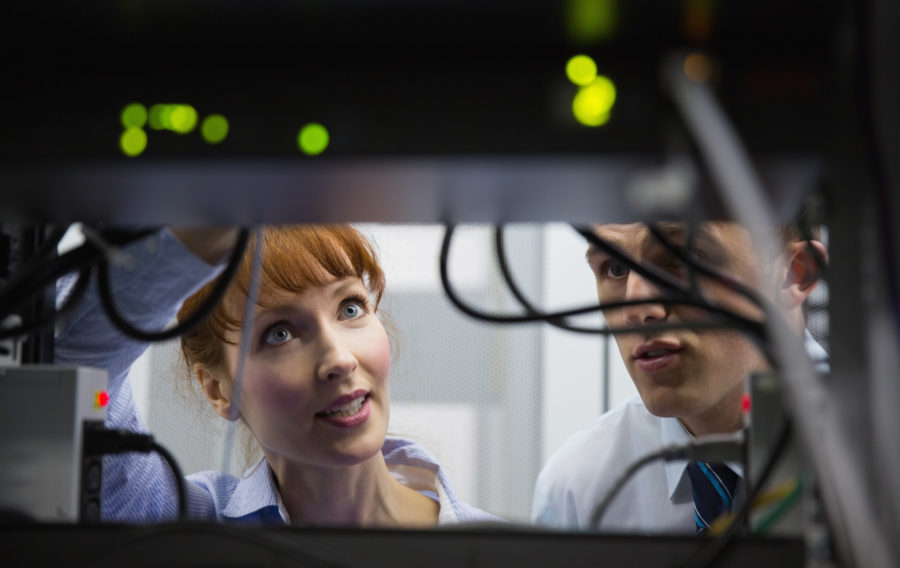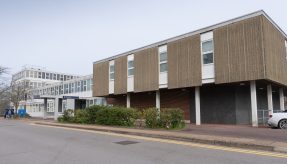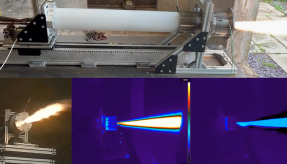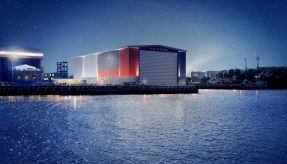
The Defence Science and Technology Laboratory (Dstl) is encouraging science and technology specialists back to work via a successful pilot work placement scheme.
The 12-week STEM (science, technology, engineering and maths) Returners programme hopes to give professionals the confidence to step back into their careers after taking time away.
The returnees have since worked on a number of challenging projects in the cyber, information systems and defence and security analysis space. Placements were also provided at the Defence and Security Accelerator (DASA), which finds and funds innovative projects from the £800 million Defence Innovation Fund.
“The skill set attracted has been excellent,” said Helen Christie, a Talent Acquisition and Planning Adviser at Dstl. “It’s been brilliant to be able to help people who thought their technical expertise might never be used again in a workplace environment.”
As Ann Stanhope, who secured a place as a STEM Returner in DASA’s support services team, later explained: “I left a career in the semiconductor industry 20 years ago and wanted to get back in touch with technology.”
“Working with DASA has been a very positive experience – I’ve learnt a lot about how the organisation works, carrying out a variety of tasks, some harder than others. The STEM Returners programme is very well run and dedicated to finding opportunities for people with different backgrounds.”
Meanwhile, STEM Returner Giles Moore has been working alongside Dstl’s strategic systems group. He said: “My team leader gave me time to explore the organisation’s systems, build new relationships and come up with ideas of how I could contribute. I also had the opportunity to present my thoughts to the team halfway through my placement.”
In addition to supporting the STEM Returners programme, Dstl also leads the STEM Futures Consortium. Both initiatives aim to develop talent and enhance the science and technology workforce.
Christie concluded: “The success of the 2018 STEM Returners programme is definitely something we will be building on and therefore hope to run a similar programme next year. We are also encouraged by the positive experience expressed by each returner and we now hope that those involved will have the confidence to apply for a permanent role at Dstl.”
If you would like to join our community and read more articles like this then please click here.







